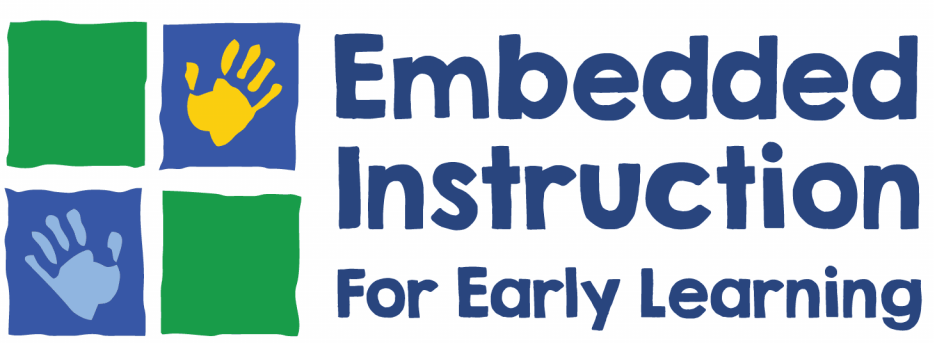Researchers at the University of Florida’s Anita Zucker Center for Excellence in Early Childhood Studies recently received a $1.39 million grant from the Institute of Education Sciences to further research on intervention strategies that support preschool children and their families over the next three years.

The project is funded by the Institute of Education Sciences National Center for Special Education Research as part of theirEarly Intervention and Early Learning in Special Education Grant Program. During the course of this grant, the investigators will develop and test Tools for Families as a new component of Embedded Instruction for Early Learning, which currently includes Tools for Teachers. Tools for Teachers is an intervention that was developed and validated in two previous projects funded by the Institute of Education Sciences. The current project will be led by Crystal Bishop with Co-Principal investigators Brian Reichow, Patricia Snyder, and James Algina.
Bishop has been a member of the Embedded Instruction for Early Learning research team since 2008, when she joined as a doctoral student and was mentored by Drs. Snyder and Algina. She continued her work with the Embedded Instruction for Early Learning team as a postdoctoral fellow under the mentorship of Dr. Algina as part of an Institute of Education Sciences fellowship program directed by Dr. Snyder. Bishop’s postdoctoral work culminated in the submission of the Tools for Families grant with her collaborating partners from the Anita Zucker Center.
“This new IES Development and Innovation grant will extend previous research on embedded instruction for children with disabilities attending inclusive preschools. It will focus on ways their teachers can help facilitate collaborative partnerships with families to support family engagement in their child’s learning across the contexts in which they live, learn and play,” said Crystal Bishop, assistant research scientist at the Anita Zucker Center for Excellence in Early Childhood Studies.
Bishop, principal investigator on the project, and her team will be conducting research in preschool classrooms across Florida and California. The research team will develop the intervention based on a review of current research and focus groups they will conduct to gather perspectives from school administrators, preschool teachers, and families. Field testing and feedback from administrators, preschool teachers, and families will be used to see how Tools for Teachers and the new component Tools for Families work together and to modify the intervention for a pilot study with 40 preschool teachers and 120 families in the final year of the project.
Previous research at the Anita Zucker Center has shown that embedded instruction and embedded learning opportunities in everyday routines and activities can help children with disabilities to learn new skills and to participate more fully in activities. According to Bishop, research has also shown that strong family-professional partnerships are important for both children and families.
The 40 preschool teachers who will participate in the pilot study will have completed the Tools for Teachers training and will each work with three families in their classroom. Twenty of these teachers will be randomly chosen to receive Tools for Families. Throughout the study, teachers who receive Tools for Families will participate in teacher-family meetings and ongoing collaboration with families will be utilized to promote embedded instruction in both school and at home.
Through this project the teachers will learn to partner with families to identify their child’s learning priorities, the best times to teach priority skills, strategies to embed learning opportunities at home and methods to evaluate how well embedded instruction is working for their child and for them.
Bishop and the research team will be using a family self-efficacy scale, observational reports and family reports of their engagement with Embedded Instruction for Early Learning to gauge the effect of family-centered practices on teacher, family and child outcomes.
According to Bishop the approach for developing the intervention is grounded in the 3R’s of Early Learning: Relationships, Repetition, Routines ™. By developing strong collaborative relationships among teachers, families and children, repeated opportunities will be created for children to practice new skills during everyday routines and activities that happen at school, at home and in the community.
“We are excited to have the opportunity to extend the work we have been doing with preschool teachers in their classrooms to include the families of the children with which they work to optimize learning for children with disabilities and to build family capacity to support their children’s development and learning,” said Patricia Snyder, center director and UF distinguished professor.
Related Projects: Impact of Professional Development on Preschool Teachers’ Use of Embedded-Instruction Practices (R324A070008); Impact of Professional Development on Preschool Teachers’ Use of Embedded-Instruction Practices: An Efficacy Trial of Tools for Teachers (R324A150076)
